In the realm of industrial manufacturing, precision is paramount. When it comes to creating intricate and customized metal components, nothing quite matches the quality and durability of stainless steel casting. In this article, we delve into the world of custom stainless steel casting, exploring its benefits, applications, and why it stands out as a superior choice for manufacturers seeking top-notch results.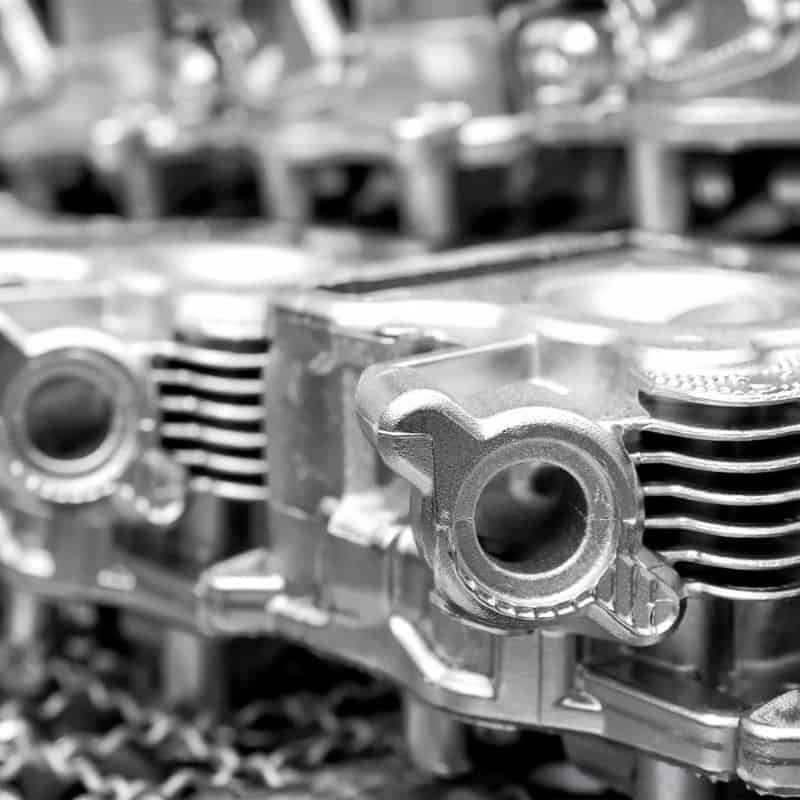
Table of Contents
The Reason for Choosing Custom Stainless Steel Casting
Precision Engineering:
Stainless steel casting is a meticulous process ensuring precise detailing and engineering. Ideal for aerospace, automotive, and critical industries, it guarantees unparalleled precision, meeting exact design specifications.
Material Durability:
Renowned for exceptional durability and corrosion resistance, custom stainless steel casting produces components capable of withstanding harsh conditions, temperature extremes, and corrosive substances. This longevity minimizes the need for frequent replacements, ensuring an extended service life.
Versatility in Design:
The flexibility of stainless steel casting allows for the creation of complex shapes and designs. This adaptability is invaluable for industries requiring unique and customized components. From intricate machinery parts to artistic architectural elements, custom stainless steel casting breathes life into diverse design concepts.
Types of Casting Methods Used for Stainless Steel
Various casting methods shape stainless steel into precise components:
- Investment Casting
- Sand Casting
- Die Casting
- Centrifugal Casting
- Continuous Casting
- Shell Molding
- Lost Foam Casting
- Vacuum Casting
The choice of casting method depends on factors such as component complexity, production volume, and precision requirements. Advancements in technology may introduce new methods, expanding the capabilities of stainless steel casting across industries.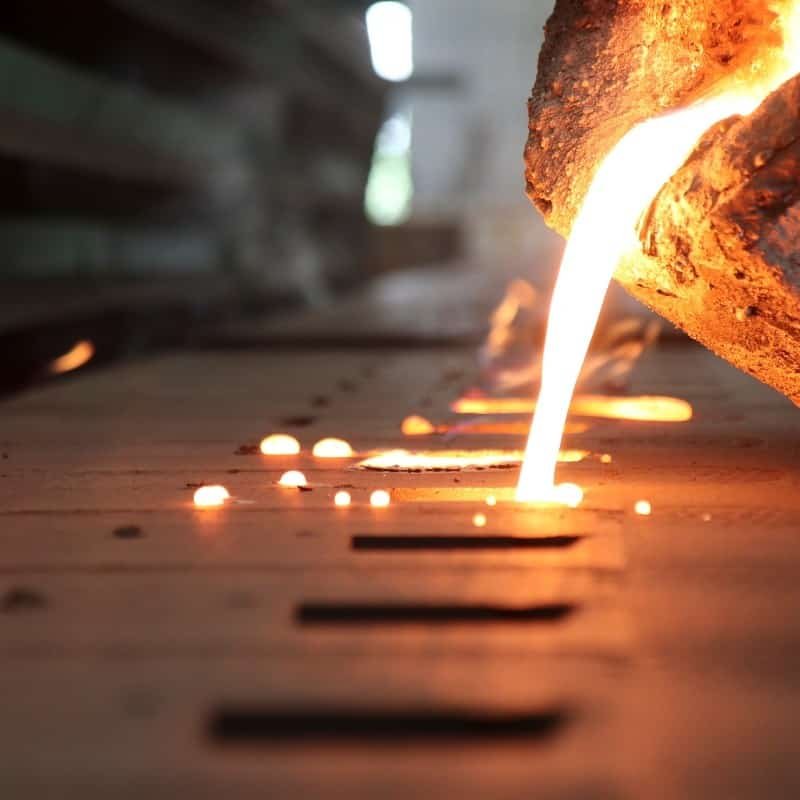
Applications of Stainless Steel Casting
Aerospace Industry
In the aerospace industry, where precision and reliability are non-negotiable, stainless steel casting finds extensive use. From engine components to structural elements, the durability of stainless steel ensures the safety and performance of aircraft.
Automotive Sector
Automotive manufacturers rely on stainless steel casting for various parts, including engine components, exhaust systems, and suspension parts. The ability to withstand high temperatures and corrosive environments makes it an ideal choice for the automotive sector.
Medical Equipment
In the medical field, where sterility and precision are paramount, stainless steel casting is employed to create components for medical equipment. From surgical instruments to diagnostic devices, the use of stainless steel ensures the longevity and reliability of these critical tools.
Types of Stainless Steel for Casting
Stainless steel casting utilizes various alloys tailored for specific applications:
- Austenitic Stainless Steel (e.g., 304, 316):
- Corrosion-resistant and formable, ideal for hygiene-focused applications like medical equipment and architectural components.
- Martensitic Stainless Steel (e.g., 410, 420):
- Known for hardness and wear resistance, suitable for components requiring high mechanical properties such as cutlery and turbine blades.
- Ferritic Stainless Steel (e.g., 430, 446):
- Magnetic with corrosion resistance, used in high-temperature environments like automotive exhaust systems and appliances.
- Duplex Stainless Steel (e.g., 2205, 2507):
- Combines properties of austenitic and ferritic stainless steels, offering strength and corrosion resistance. Common in chemical processing and marine engineering.
Choosing the right stainless steel type depends on specific application requirements, ensuring components meet industry standards and performance expectations.
Key Factors to Consider in Custom Stainless Steel Casting
Material Selection
Choosing the right stainless steel alloy is crucial in custom casting. Factors such as the environment of use, required strength, and corrosion resistance must be considered to ensure optimal performance.
Design Complexity
The intricacy of the design plays a significant role in the custom casting process. Complex designs may require advanced molds and precise control during the casting process.
Tolerances and Specifications
Meeting tight tolerances and specifications is essential for the success of custom stainless steel casting. Manufacturers must adhere to stringent guidelines to ensure the quality and functionality of the final product.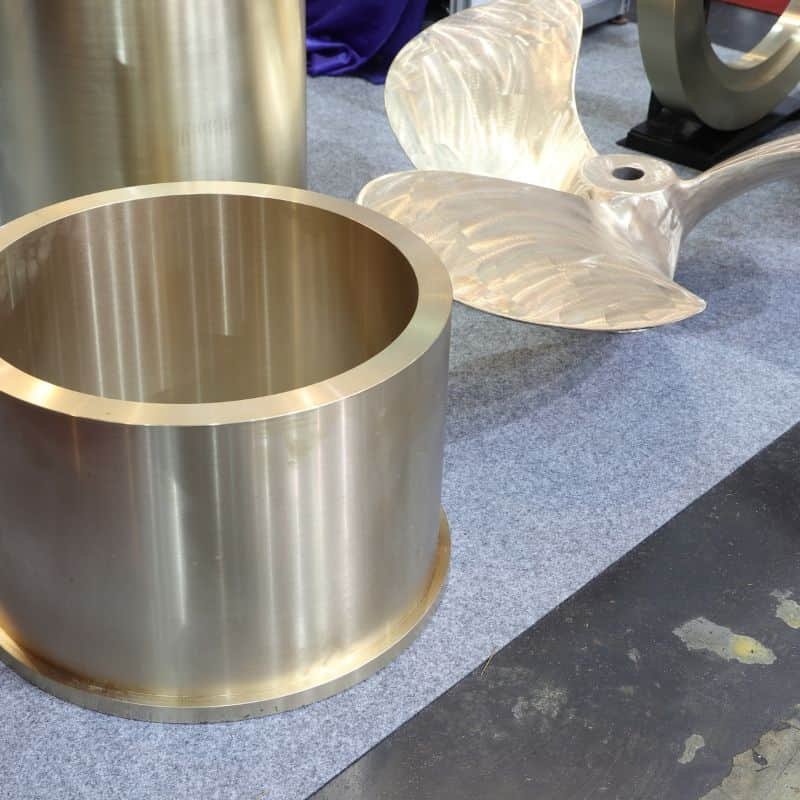
Challenges in Custom Stainless Steel Casting
Cost Considerations
While stainless steel casting offers numerous benefits, the process can be cost-intensive. Manufacturers must weigh the advantages against the production costs to determine the feasibility of a particular project.
Design Constraints
Certain designs may pose challenges in the casting process, requiring innovative solutions or adjustments to achieve the desired outcome. Collaboration between designers and casting experts is crucial in overcoming these constraints.
Quality Control
Maintaining high-quality standards throughout the casting process is essential. Implementing rigorous quality control measures helps identify and rectify any deviations from the specifications.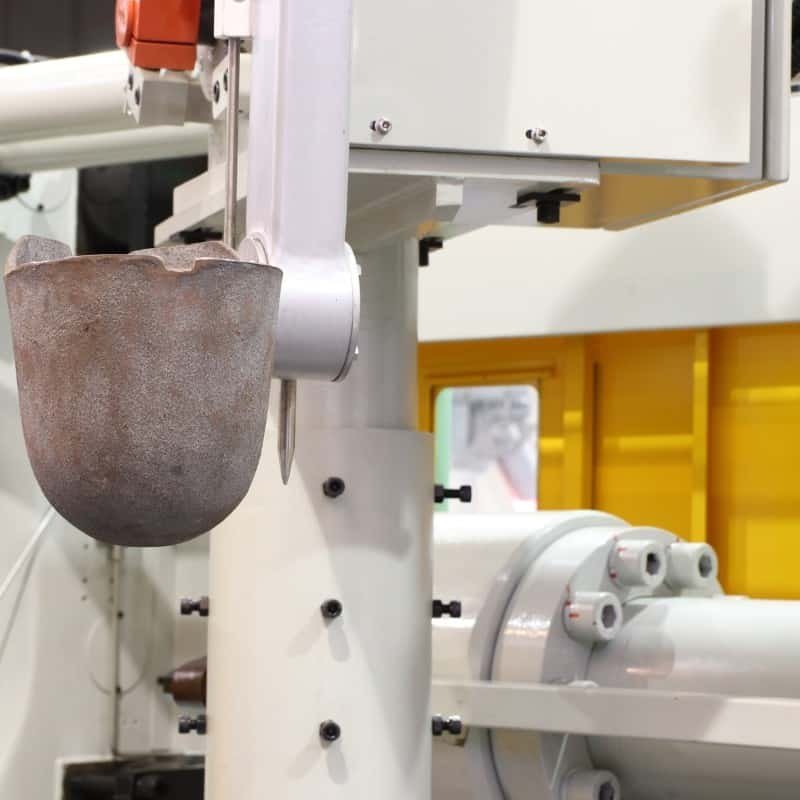
Choosing the Right Custom Stainless Steel Casting Partner
Experience and Expertise
Selecting a custom stainless steel casting partner with extensive experience and expertise is crucial. An established track record indicates a deep understanding of the intricacies of the casting process.
Quality Assurance
A reliable casting partner should have robust quality assurance processes in place. Certifications and adherence to industry standards are indicators of a commitment to delivering high-quality products.
Customer Reviews
Feedback from previous clients provides valuable insights into the reputation and reliability of a custom stainless steel casting partner. Positive reviews are indicative of a trustworthy and capable manufacturer.
Custom Stainless Steel Casting Parts From Manufactures
When sourcing custom stainless steel casting parts, start by clearly specifying your requirements, including quantities and specifications. Opt for manufacturers with a proven track record and experience in stainless steel casting, ensuring their familiarity with the intricacies of the process. Check for industry certifications like ISO 9001 to guarantee adherence to high-quality standards.
Evaluate the technological capabilities of potential manufacturers, emphasizing modern facilities and advanced casting technologies. Examine their portfolio and case studies to gauge their proficiency in meeting diverse casting requirements. Confirm their ability to work with the specific stainless steel alloy suitable for your application.
Assess the manufacturer’s quality control processes, inquiring about their commitment to stringent quality assurance and testing methods. Check their customization capabilities, ensuring they can handle intricate designs and meet your specific needs. Prioritize effective communication and a collaborative approach throughout the casting process.
Consider the cost and obtain detailed quotations from multiple manufacturers, ensuring a balance between cost and capabilities. Evaluate production lead times to ensure they align with your project timeline without compromising quality. Lastly, review customer feedback to gauge the manufacturer’s reputation and customer satisfaction, providing valuable insights into their reliability and service quality.
By following these streamlined steps, you can efficiently navigate the selection process and secure custom stainless steel casting parts from a reliable and capable manufacturer.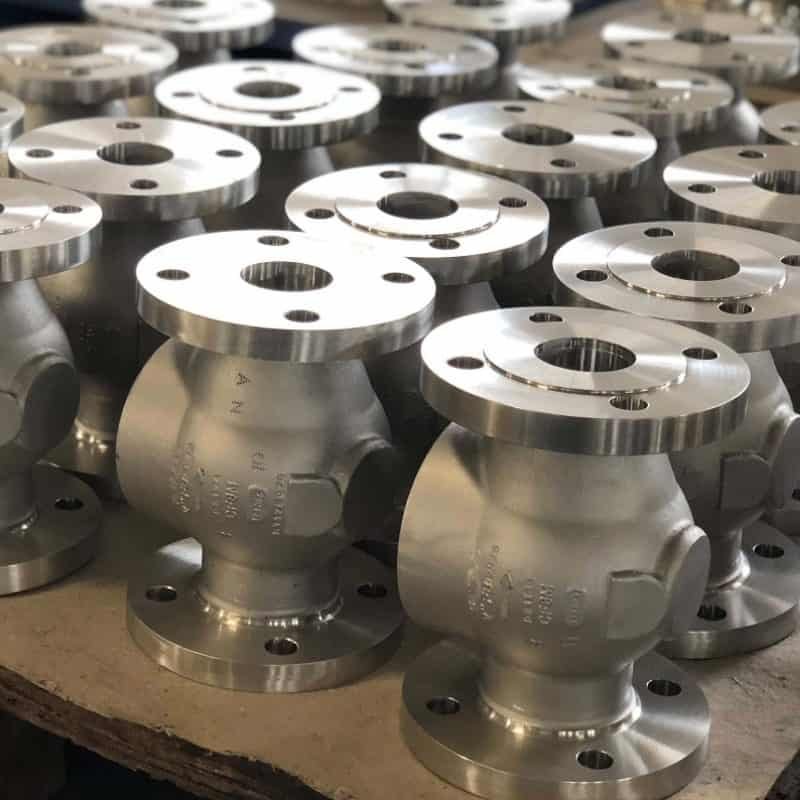
Conclusion
When it comes to precision, durability, and versatility in manufacturing, custom stainless steel casting stands out as the optimal choice. Elevate your production processes and product quality by choosing the unmatched capabilities of custom stainless steel casting with HDC. Contact us today to discuss how we can bring your unique designs to fruition with our expertise in stainless steel casting.


